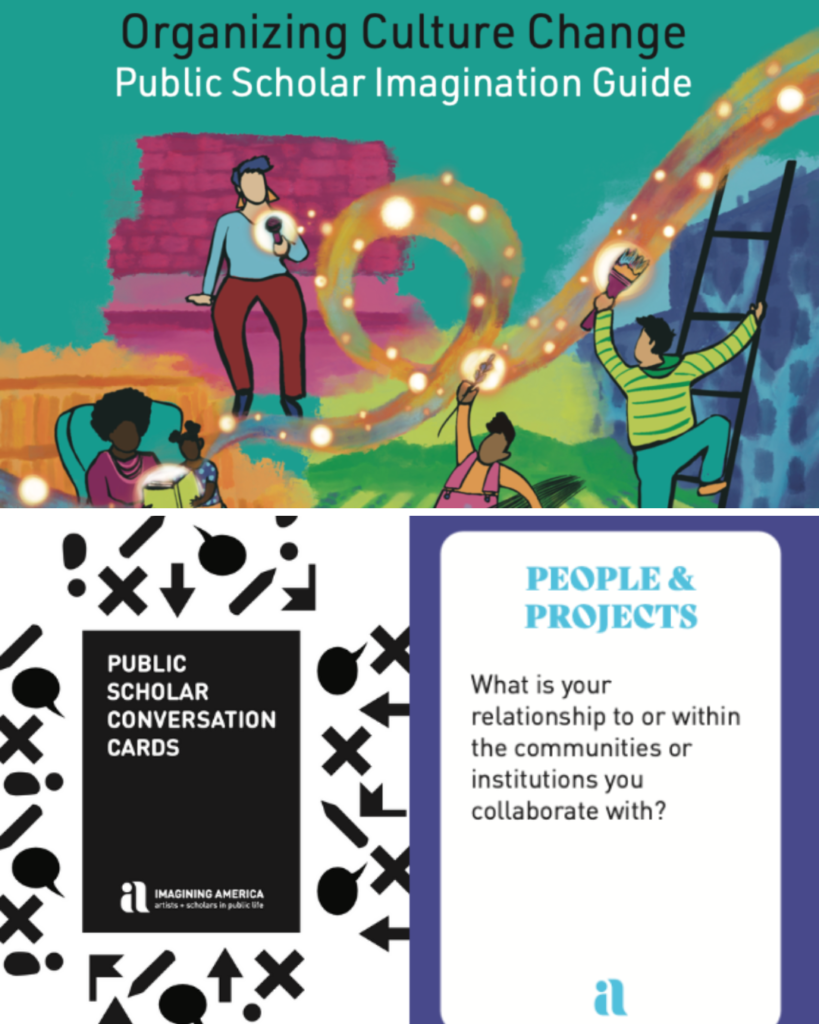Combatting The Social Inequity That Climate Change Engenders
By Priya Shukla, Ph.D. student in Ecology at the University of California, Davis, and a 2018-2019 Publicly Active Graduate Education (PAGE) Fellow. This PAGE Blog Salon explores themes of citizenship, intersectional activism, and public scholarship, important topics of the upcoming Imagining America national conference, Oct. 19-21, 2018, in Chicago, Illinois.
In this era of “fake news” and disinformation campaigns, public scholars must guide discourse and dialogue to ensure that the truth is never concealed. As a scientist conducting taxpayer-funded climate change research, it is my professional responsibility to make my research widely accessible and prevent occlusion from climate denialism. Given that climate change disproportionally affects marginalized communities, sharing my findings within the context of fundamental human crises, such as poverty and environmental injustice, is an essential component of my public scholarship. Therefore, to effectively combat the lack of evidence-based decision-making within our current political system as well as the racist and bigoted vitriol that permeates our political atmosphere, I actively engage with different publics through diverse media to demonstrate the holistic and inescapable nature of global climate change.
I am an ardent science advocate, encouraging the use of sound science in civic decision-making efforts. In pursuit of this goal, I lend my expertise to a team of non-profit organizations in Marin County, California that aims to raise awareness about local efforts to combat climate change. I also actively promote the value of science to society, while interrogating the social and environmental costs incurred in the pursuit of knowledge. Towards increasing our understanding of science how science can benefit society, I encourage my colleagues to leverage their own expertise into civic engagement, particularly if they are able to showcase solutions-oriented research that directly affects their local communities. By actively engaging in endeavors at the nexus of science and social inequality, I hope to catalyze an innovative community of practice and produce impactful public action.
I am committed to enhancing the accessibility of science and providing resources for underrepresented scientists. As a first generation Indian-American and female scientist, I am a minority in the natural sciences. Nonetheless, I recognize that the racism and sexism I encounter pale in comparison to the barriers that scientists identifying along other axes of diversity must overcome. I actively work to illuminate these issues and develop support systems for vulnerable scientists. I also strive to re-integrate people of color into narratives about science and natural history. Through my experiences working with the issues that marginalized communities confront, I ultimately aim to shed light on the multicultural dimensions surrounding ocean science issues.
As a proponent of academic engagement, science-informed action that is bolstered by traditional knowledge developed in indigenous communities, and environmental justice, I actively work to build bridges between ongoing science and communities-in-need. Studying the effects of climate change on attempts to feed our planet’s increasing population advances the notion that growing affordable and nutritious food resources is an industry with the potential to be an inherently inclusive enterprise. Thus, increasing access to science will improve the likelihood that science finds its way into the communities that can benefit from it most.




